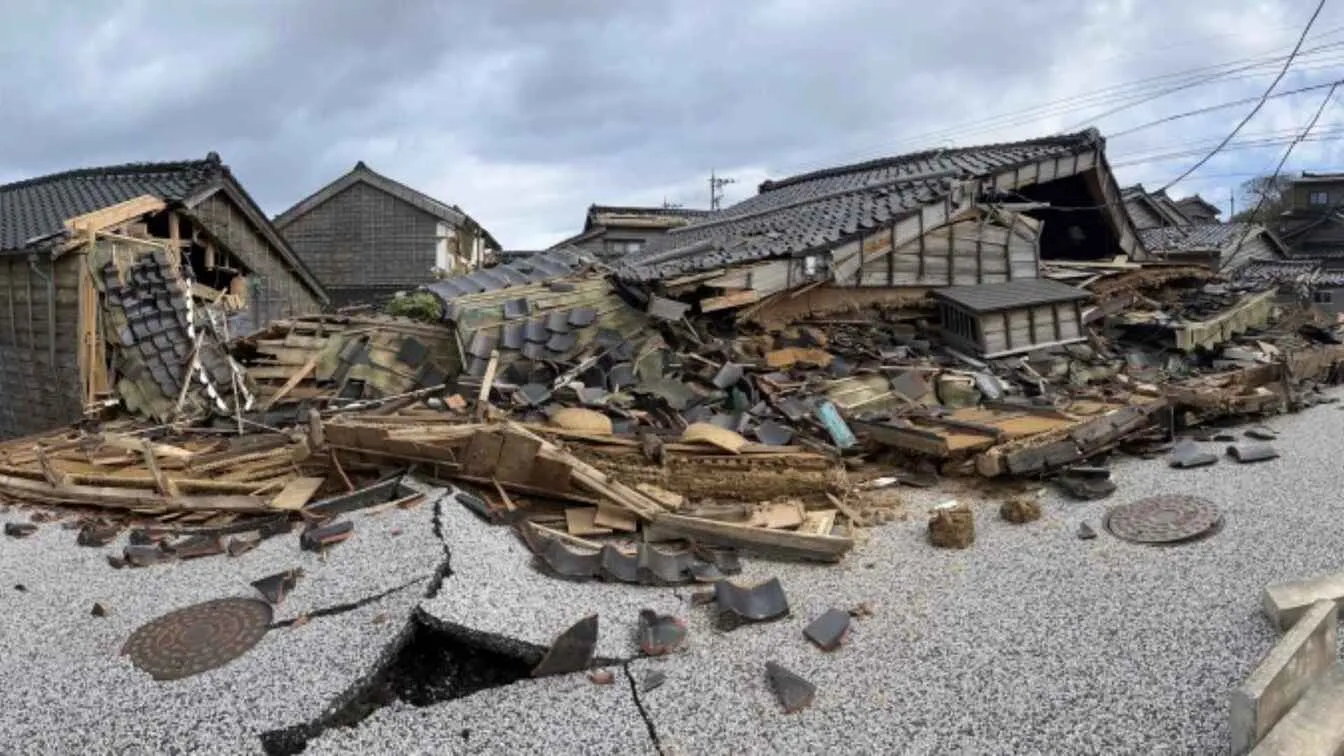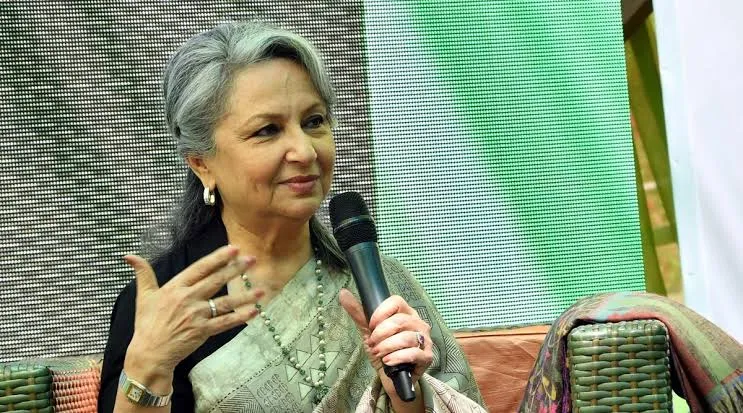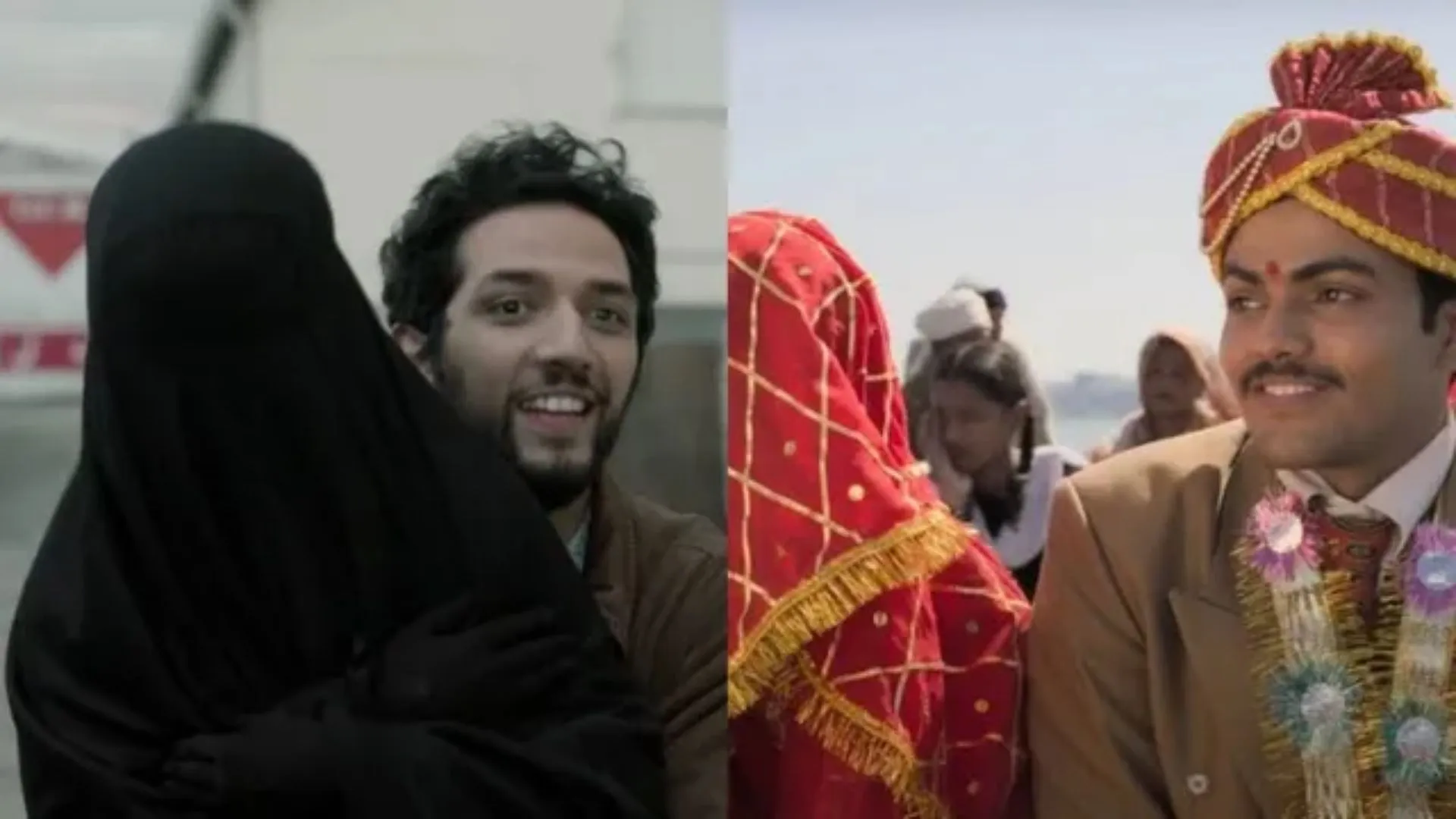In a major legal development, YouTuber Ranveer Allahbadia has been granted interim protection from arrest by the Supreme Court of India following multiple FIRs registered against him in Assam and Maharashtra. The controversy erupted after his remarks on the YouTube show India’s Got Latent sparked public outrage.
On Tuesday, the Supreme Court directed that no further FIRs would be lodged against Allahbadia concerning his remarks on the show. The court also permitted him to seek protection from local police in Maharashtra and Assam if he faces any threats while cooperating with the investigation.
However, while the interim relief provides some respite, it comes with strict conditions that could significantly impact his professional and personal movements.
Conditions Imposed by the Supreme Court
The Supreme Court imposed several restrictions on Allahbadia while granting him protection:
- Passport Submission – The court ordered Allahbadia to submit his passport to the investigating officer at the Nodal Cyber Police Station in Thane, Maharashtra.
- Travel Ban – He is prohibited from leaving the country or traveling abroad without prior permission from the court while the investigation is ongoing.
- Content Restriction – The court barred Allahbadia and his associates from broadcasting any content on YouTube or any other audio/video communication platform until further notice.
Supreme Court’s Strong Condemnation
The Supreme Court did not shy away from expressing its displeasure over Allahbadia’s remarks. A bench comprising Justice Kant and Justice N Kotiswar Singh made scathing observations about the nature of his comments, terming them “vulgar” and “shameful to society.”
“The words you have chosen – parents will feel ashamed, daughters and sisters will feel ashamed, your younger brother will feel ashamed, the entire society will feel ashamed,” the bench remarked, underscoring the gravity of the issue.
The court also questioned the acceptable standards of public discourse, asking, “If this is not obscenity, then what is the standard of obscenity in this country?”
Defense by Allahbadia’s Lawyer
Senior advocate Abhinav Chandrachud, representing Allahbadia, acknowledged the controversy surrounding his client’s statements but questioned whether they warranted criminal prosecution.
“Personally, I am disgusted by the petitioner’s utterances,” Chandrachud admitted. However, he argued that existing legal precedents do not classify mere profanity or offensive speech as obscenity unless they evoke “lustful or sexual thoughts in a reasonable person’s mind.”
Chandrachud referenced a Supreme Court ruling that clarified that statements provoking disgust or revulsion do not necessarily qualify as obscenity under the law.
The Road Ahead
While Allahbadia has secured temporary relief from arrest, the legal battle is far from over. The Supreme Court’s restrictions have effectively halted his online content creation, and his freedom of movement remains limited. His next legal move will likely determine whether the interim relief extends into a more favorable outcome or if he faces further consequences under the law.
With the controversy still unfolding, all eyes remain on the Supreme Court’s next hearing and the potential legal ramifications for social media influencers in India.






















